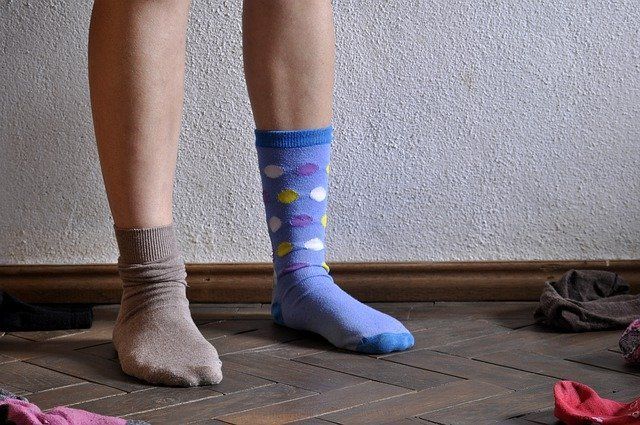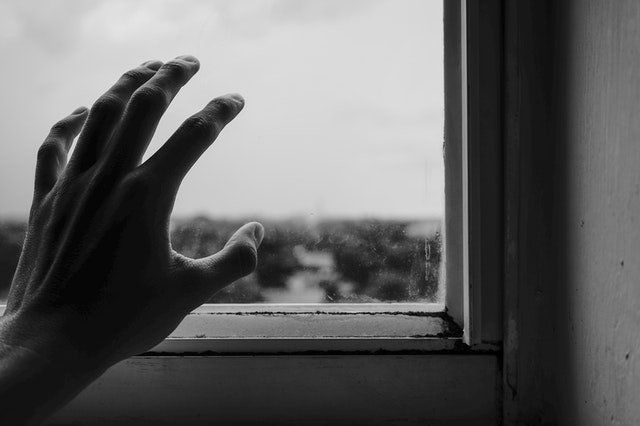How to Get Things Done Even When You Don’t Feel Like It
There will be times when you’re so overwhelmed that you won’t want to do anything. The only way to move forward is to re-engage with your life. Here are 5 steps to help you get things done even when you don’t feel like it.
Getting Things Done When Crisis Hits
Anxiety. Depression. Chronic Illness. Grief. Each of these is its own world.
What they have in common is that they can make you feel like you’ve been hit by a truck.
You won’t want to do anything. You won’t want to think. Everything will feel hard.
Things might get so bad that curling up in a ball and staying in bed seem like the best option.
Sometimes, it’s all you are physically and mentally capable of doing.
Very quickly, days turn into weeks. More time passes.
Eventually, people stop being nice and understanding.
It’s not fair. You didn’t ask for this.
One day, you realize life is moving on without you. It’s time to re-engage.

How Do You Re-Engage With Life After a Setback Or Crisis?
The only way to kick start your system, is to do things even if you don’t feel like it.
You’re probably thinking, “your big fancy advice is to just do it anyway?”
Well, yes. A brain overwhelmed by anxiety, depression, grief, or loss only has a small amount of energy.
Every psychological, emotional, and physical activity you do requires a certain amount of energy. When things are good, you spend X amount of energy on each action. When you are overwhelmed, you spend X+Y amount of energy on each thing.
Unfortunately, you don’t get extra energy just because you need it. It’s the opposite: you have less mental energy when you need it most.

How to Get Things Done When You Don’t Feel Like It
Your brain watches your body and your body watches your brain. As you do more, your brain will look at your body and think, “if I can do this much, I must be getting better.” Eventually, you will want to do more.
Don’t wait for motivation to kick in to get started.
Motivation only comes after action.
Since you’re working with limited reserves (and possibly limited time), I want you to focus on getting the basics done.
Focus on these 5 key activities.
You get a point for doing each one. Your goal is to get 5 points a day, at least 4 days a week:
- Get out of bed
- Shower
- Get dressed
- Eat a meal
- Do one meaningful activity (preferably outside the house)
Get out of bed around the same time every day, preferably before 10 am.
You get to determine the order of showing, getting dressed, eating, and engaging in an activity.
The activities will vary based on where you are, your access to a car, and whether you are suffering from any significant physical symptoms related to chronic illness.
A few ideas for meaningful activity
- Volunteering
- Picking up hours of work here and there (e.g., babysitting, dog walking, park time work)
- Running an errand
- Exercising (even for 10 minutes)
- Going for a walk
- Doing laundry
- Picking a spot in a room to organize (e.g., nightstand, desk, kitchen counter, the entryway to the house)

Next Steps
You may be thinking: “Seriously? What’s the point?”
I frequently have patients tell me they used to be able to do so much more.
Doing laundry hardly seems significant since they were once capable of working full time, raising a family, and caring for a house all at once.
Doing something every day is the only way to get out of this rut.
Your actions become habits and good habits will help you get and stay healthy.
Don’t wait for the perfect time. Any action is progress.
When you’re ready to recharge and restart, please give us a call.
We specialize in giving people the tools and information they need to build the lives they need and want.
Please contact us to set up an appointment.
We can help give you information, a map for next steps, and hope that you can have the life you want.
Wishing you the best,
Dr. Levy
Director
Dr. Ronit Levy is a clinical psychologist and director of Bucks County Anxiety Center in Newtown, PA. She specializes in treating teens and adults struggling with anxiety due to Anxiety Disorders, OCD, chronic illness, and life events. Dr. Levy trains and supervises other therapists and presents on mental health in the community.
Anxiety & OCD Blog Latest Posts
About Us
The therapists who practice at Bucks County Anxiety Center work with teens (ages 14 and up) and adults struggling with anxiety and OCD.
All Rights Reserved | Bucks County Anxiety Center




